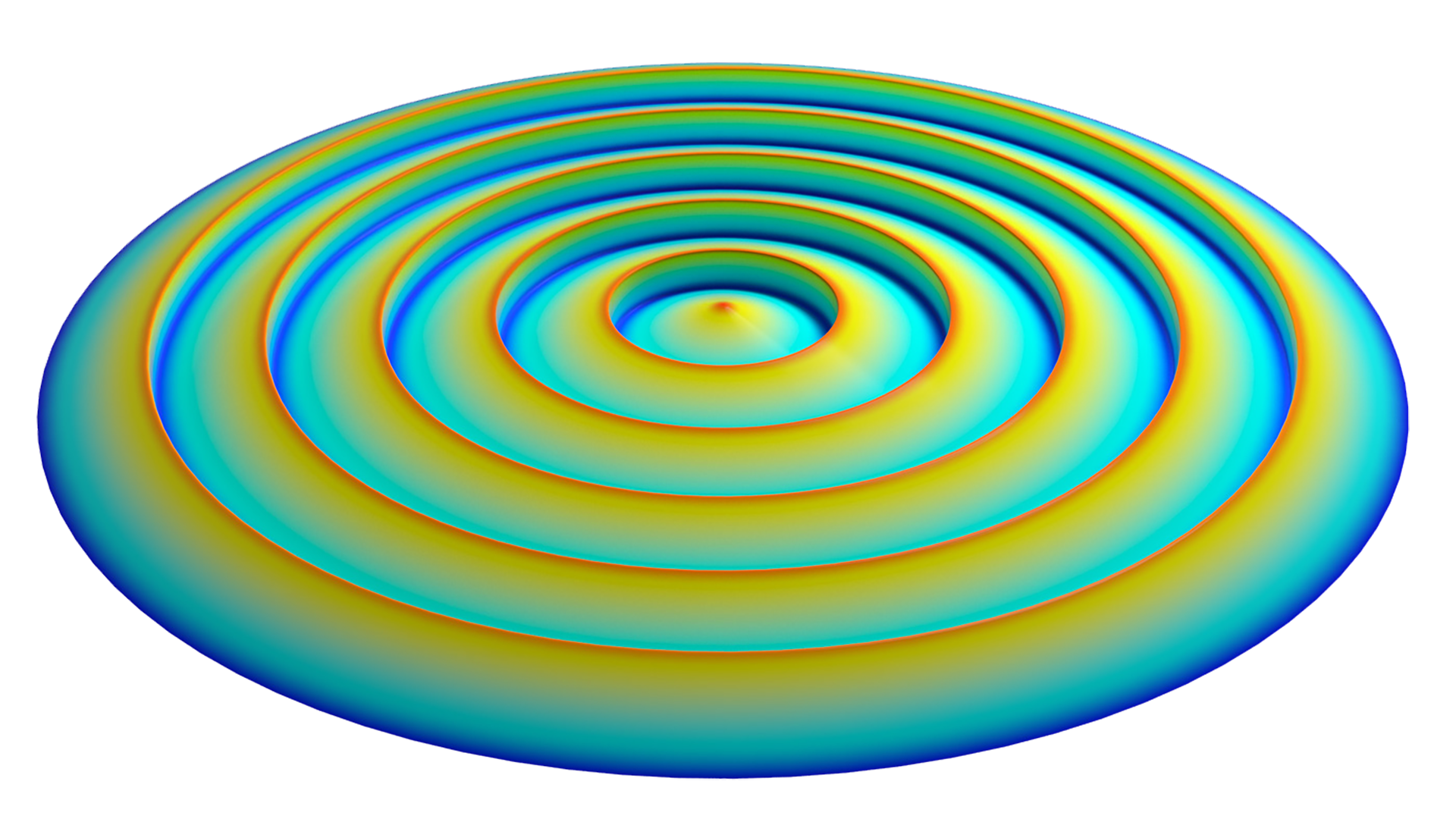Contents

Source: ZEISS
<>
Diffractive Optics: Exploring the World of Light Manipulation
Introduction to Diffractive Optics
Diffractive optics is a branch of optics that utilizes elements based on the diffraction of light to achieve a wide range of optical functions. These elements operate on the principle of diffraction, where light waves are manipulated to perform specific tasks.
Understanding Diffractive Optical Elements
Diffractive optical elements encompass a variety of devices, with diffractive gratings being a common example. These gratings exploit diffraction at periodic structures to manipulate light. One key feature of diffractive elements is their wavelength-dependent performance, making them particularly useful in laser applications where a narrow optical bandwidth is present.
Types of Diffractive Devices
Periodic Diffraction Gratings
Periodic diffraction gratings can be created using various methods, such as ruled gratings and holographic techniques. They find applications in diverse fields due to their ability to manipulate light effectively.
Fresnel Zone Plates
Zone plates, a special type of diffraction gratings with circular structures, are used for focusing light. These plates are crucial for applications requiring precise light manipulation.
Diffractive Micro-optics
Micro-optic diffractive elements are thin plates that induce specific optical phase changes in incident light beams, often laser beams. These elements can generate complex diffraction patterns and are utilized in various optical systems.
Fabrication Techniques for Diffractive Optics
A range of fabrication methods is employed to create diffractive optical elements, including computer-controlled laser writing and holographic technologies. These techniques enable the production of custom-designed devices even in small volumes.
Applications and Future Developments
Diffractive optics play a crucial role in diverse applications, from beam shaping to wavefront correction. Ongoing research aims to enhance the performance and versatility of diffractive elements for advanced optical systems.

Source: ResearchGate
Feel free to comment your thoughts.



